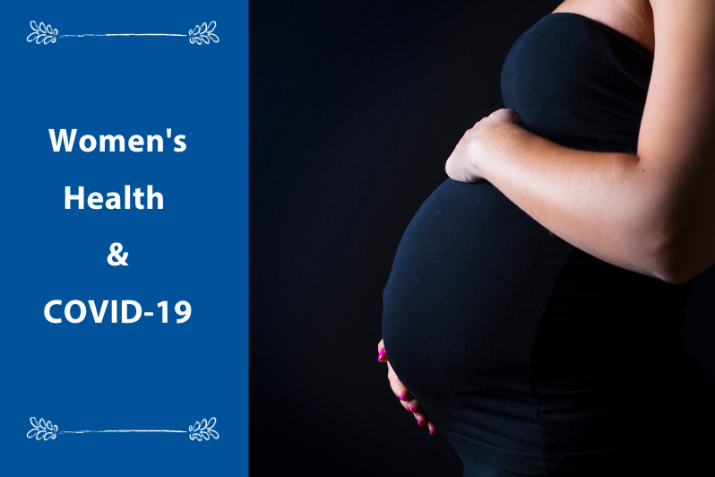From routine vaccinations and breast cancer screenings to mental health access, women’s healthcare has taken a hit due to the global coronavirus pandemic that first made the news in January 2020. As COVID-19 cases and deaths continue to rise in the United States and many other parts of the world, Megan Huchko, associate professor of obstetrics and gynecology and global health, and director of the Center for Global Reproductive Health at Duke, addressed some key questions on the topic.
Q: At this time, is it safe for women to put off preventative care, such as routine mammograms and pelvic exams?
For the most part, yes. These are not time-sensitive and could be delayed for 3 to 6 months. The American Society for Colposcopy and Cervical Pathology, for instance, put out guidelines about what types of cervical cancer screening and treatment could be delayed, and most could be safely delayed for 3 to 6 months.
Q: Are there some women who should not put off their screenings and routine exams, such as cancer survivors and sexually active women, and those who need prenatal care?
There are modified guidelines put out by multiple agencies regarding the safety of delaying screenings. Sexually active women should reach out to their providers if they feel they are at risk for pregnancy or need STD screening — we can always prescribe something over the phone, or they could get tested for STDs over the phone. See below for resources.
Q: Are imaging centers and clinics at Duke still offering routine screenings for women during the pandemic? If they are, how risky is it to go?
At Duke, most mammograms have been deferred until Duke opens up fully again, but ultrasounds and other imaging has remained open with social distancing measures in place.
Q: Are there other concerns women should be aware of when it comes to their health during this COVID era?
For healthcare providers, the challenge now will be learning how to provide in settings of social distancing, and how to ensure women are not scared to come into the hospital to get their screenings. On a broader societal level, there is some concern that women's health has been de-prioritized during the pandemic, or that it has been used politically to reduce access to family planning and abortion services. The American College of Obstetricians and Gynecologists and other women's health organizations have come out with strong statements cautioning against this, but I think as providers and health care advocates, we need to ensure that services remain safe, available and accessible to women.
Additional Resources:
• CDC — Guidelines for Pregnant and Breastfeeding Women
• American College of Obstetricians and Gynecologists — Coronavirus (COVID-19), Pregnancy, and Breastfeeding: A Message for Patients
• JAMA — Pregnant or Post-Partum During the COVID-19 Pandemic
• NIH — COVID-19 Treatment Guidelines: Special Considerations in Pregnancy and Post-Delivery
• WHO — Pregnancy, Childbirth, Breastfeeding and COVID-19
• WHO — Coronavirus Disease (COVID-19) and Sexual and Reproductive Health



